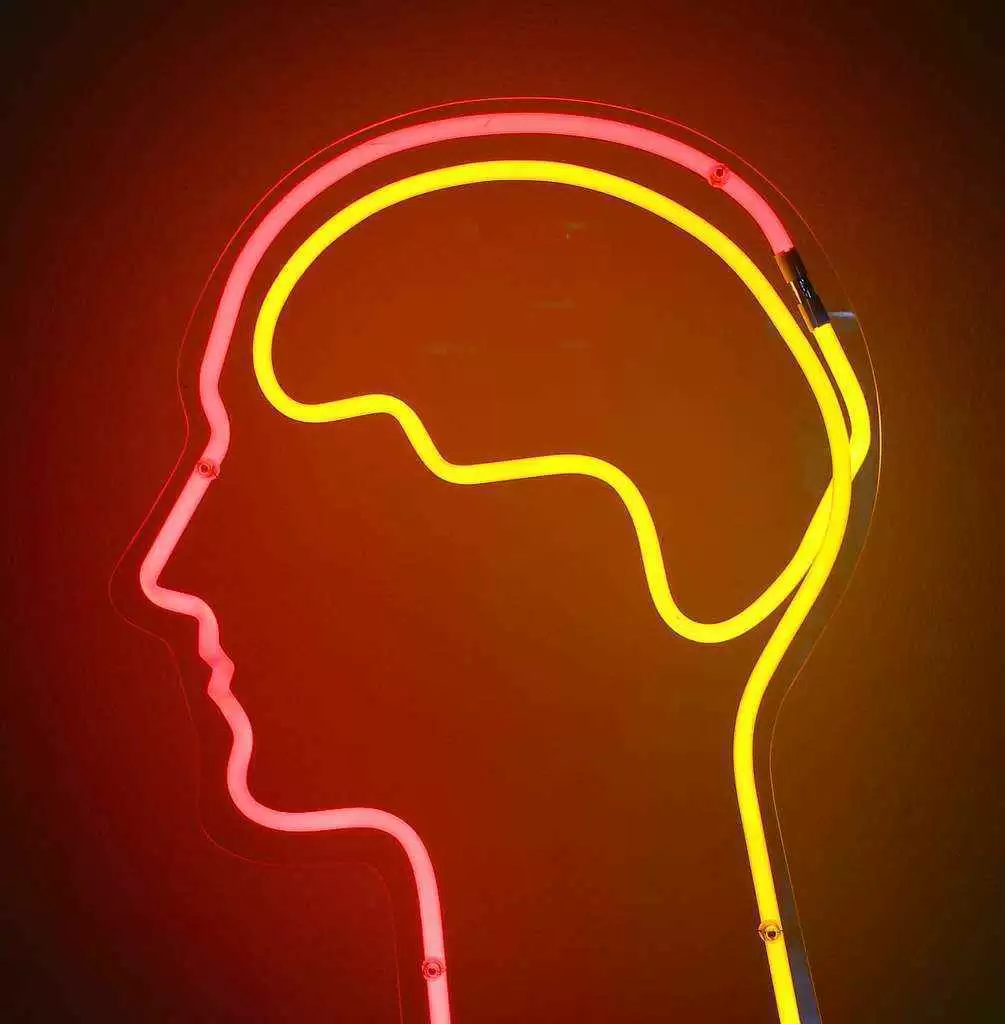
Celiac.com 02/29/2020 - It has been a long and winding road, and around each curve something new has been discovered. I have learned more than I ever thought there was to know about celiac disease. I am forever grateful for having received a celiac diagnosis because it was on that day that I began my journey back to health.
On my first day of diagnosis I set out to find out as much as possible about this seemingly rare, but obviously complicated disease. My diagnosis answered a lot of questions for me, yet I was also struck by how many new questions arose.
Celiac.com Sponsor (A12):
What was the trigger for celiac disease, of course gluten played a part, but what in my past history put me over the edge? What had changed? Did the doctors know so little about the trigger for celiac disease that it was only now becoming clinically identifiable?
My last article was an attempt to explain how genetics and environment intersect in celiac disease, but I may have gotten part of it wrong, in part because the International Journal of Celiac Disease (IJCD) got it wrong (at least in my case they did).
After the IJCD cited Pellagra in celiacs at a 58% percent rate, I piled on the bandwagon. Quoting “The two diseases can be connected in two aspects. 58% of pellagra patients were shown to have malabsorption and many had intestinal pathology on biopsies.” But we were both wrong I now believe—hold onto that 58% thought, as it will come up later—and I think it's important in helping to confirm my new theory.
So where did my pellagra position go wrong? I chose the capstone, pellagra, and not the cornerstone, which may actually be thiamine (B1), and this is easier to do than you might imagine. These diseases have diffuse symptom’s common in their pathogenesis, and only testing can confirm my high suspicion that I may have had undiagnosed, or misdiagnosed, beriberi. Beriberi is is caused by low thiamine (B1).
I recently came across research that is 30+ years old that establishes, in mammal’s at least, a trigger for thinning villi titled “Effect of dietary thiamin deficiency on intestinal functions in rats.” To quote from the research “The activities of brush border sucrase, lactase, maltase, alkaline phosphatase, and leucine aminopeptidase were reduced by 42 to 66% in thiamine deficiency, compared to pair-fed controls. Kinetic studies with sucrase and alkaline phosphatase evinced that a decrease in Vmax (61 and 64%, respectively) with no change in Km (33.8 and 4.3 mM, respectively) was responsible for observed impairment in the enzyme activities in thiamine deficiency.”
This research leads me to believe that the lactose intolerance so common in those with celiac disease may actually be triggered by thiamine deficiency.
I had many of the symptom’s of beriberi, but since I was not in a concentration camp or was not an alcoholic the clinical suspicion was not high enough to have me tested for a thiamine deficiency, despite thiamine and other B vitamins deficiencies that are common in celiac disease.
Unfortunately even going on a gluten-free diet does not always correct B vitamin deficiencies, and thiamine, niacin and riboflavin deficiencies have been excluded from most celiac disease studies. One study entitled “Evidence of poor vitamin status in Celiac patients on a gluten-free diet for 10 years" shows that such deficiencies can continue long after diagnosis.
Another study entitled “Vitamin and Mineral Deficiencies Are Highly Prevalent in Newly Diagnosed Celiac Disease Patients” says: “Almost all celiac disease-patients (87%) had at least one value below the lower limit of reference.” Testing for certain vitamin deficiencies is standard care following a celiac disease diagnosis, however levels of thiamine (B1), niacin (B3) and riboflavin (B2) are not usually part of a standard screening.
It is my hope from reading this that you are alerted to possible B vitamin deficiencies so that you can ask your doctor to have your levels checked, especially if you have been recently diagnosed, or are still struggling with diffuse symptoms years later, for example fatigue, muscle cramps, tingling in your feet and hands, burning feet syndrome, worse at night, etc.
You may still be low in thiamine, riboflavin and/or niacin, and doctors often overlook screening for these deficiencies in celiac disease.
Celiac Disease is a Genetic Disease with an Environmental Trigger
This is where B vitamins come in, as they help us make energy and regulate our environment at the cellular level. It is a 50/50 equation of stress vs. environment combined with genetics, and this can be a hard concept to understand because many people believe that it's all due to DNA.
Research from December 2019 entitled “DNA Has Relatively Little Say in Disease Risk (Usually)” says: “In fact, for such (most) diseases, the genetic contribution to disease risk is just 5–10%. There are diseases, however, for which the genetic contribution is about 40–50%. These diseases include Crohn’s disease, celiac disease, and macular degeneration.”
B Vitamins, Especially Thiamine (B1), Could be the Missing Pieces to the Puzzle
Via the Parasympathetic Nervous System (PNS) the neurotransmitter "acetylcholine" regulates our organ functions throughout the body, and could be why both undiagnosed celiac disease and beriberi affect so many organs in the body. Without enough thiamine our body can’t synthesize enough acetylcholine to regulate it’s organs, which may cause the body to go into high alert mode and trigger a runaway auto-immune reaction like celiac disease. Another study shows a connection with the microvilli that line organs and how they can trigger auto-immune reactions throughout the body.
What about that 58% I mentioned earlier? It happens to be the same rate that Japanese sailors developed beriberi, which is what you would expect to find when someone relies on too many carbs, including too much rice or wheat in their diets. It's possible that when the carb happens to be wheat this deficiency could trigger celiac disease, a disease that was discovered by Willem-Karel Dicke in the post WWII Netherlands, or present itself as beriberi when one only eats rice.
It took 20 years and countless deaths before the Japanese army discovered what the Japanese navy had learned 20 years earlier, and this article on the “Barley Baron” supports why there is a strong need to enrich gluten-free bread with B vitamins, exactly as regular wheat bread is enriched. According to this article, "(w)e now know that beriberi stems from a lack of vitamin B1, which the body requires for metabolizing carbohydrates and maintaining neurological functions. Without it, a person succumbs to nerve damage and eventually death."
So, perhaps a thiamine deficiency is one of the overall environmental triggers of celiac disease in those who have the genetic disposition? Could beriberi trigger celiac disease in susceptible individuals? Hopefully more research will be done to determine this, but in the meantime, get your thiamine levels checked!
Additional Resources:









Recommended Comments
Create an account or sign in to comment
You need to be a member in order to leave a comment
Create an account
Sign up for a new account in our community. It's easy!
Register a new accountSign in
Already have an account? Sign in here.
Sign In Now